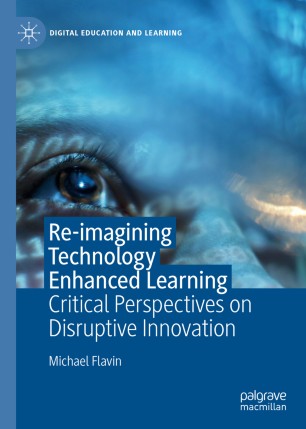

Most ebook files are in PDF format, so you can easily read them using various software such as Foxit Reader or directly on the Google Chrome browser.
Some ebook files are released by publishers in other formats such as .awz, .mobi, .epub, .fb2, etc. You may need to install specific software to read these formats on mobile/PC, such as Calibre.
Please read the tutorial at this link: https://ebookbell.com/faq
We offer FREE conversion to the popular formats you request; however, this may take some time. Therefore, right after payment, please email us, and we will try to provide the service as quickly as possible.
For some exceptional file formats or broken links (if any), please refrain from opening any disputes. Instead, email us first, and we will try to assist within a maximum of 6 hours.
EbookBell Team

4.7
66 reviewsThis book analyses technology enhanced learning through the lens of Disruptive Innovation theory. The author argues that while technology has not disrupted higher education to date, it has the potential to do so. Drawing together various case studies, the book analyses established technologies through a Disruptive Innovation perspective, including virtual learning environments, and includes Wikipedia as an example of successful innovative disruption. The author also examines the disruptive potential of social media technologies and the phenomenon of user-owned technologies. Subsequently, the author explores strategic narratives for technology enhanced learning and imagines what the Disruptive University might look like in the future. This book will be valuable for scholars of technology enhanced learning in higher education as well as those looking to increase their understanding of and practice with technology enhanced learning.